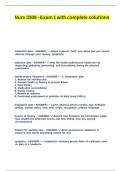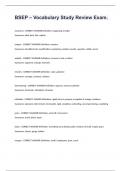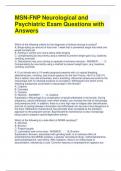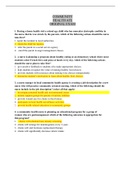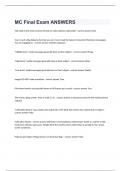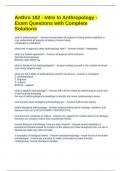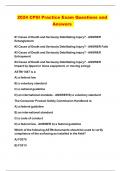Resumen
Summary Algorithmic Persuasion Reading Summaries
- Grado
- Institución
This document contains the highlighted points, definitions and sections of the required reading for the Algorithmic Persuasion in the Digital Society course. All readings are included except for the last two of Week 7.
[Mostrar más]





